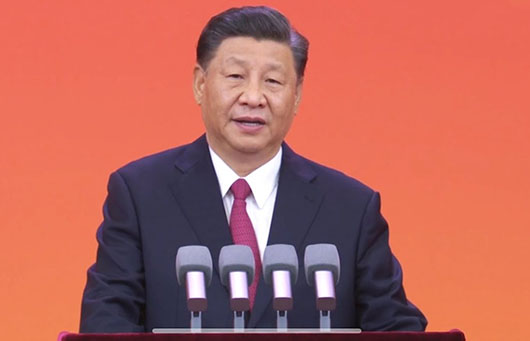FPI / February 9, 2022
Geostrategy-Direct
The “Belt and Road Initiative” is building toward the Xi Jinping regime’s goal of global dominance by expanding a worldwide network of ports and military bases.
While touting a strategy of fulfilling the inevitable destiny of the nation it rules, the massive expansion effort is also seen as a way to preserve Chinese Communist Party rule.

“Beijing is promoting its model of governance because Chinese leaders believe the free and open liberal global order that the United States set up in the wake of World War II threatens their authoritarian system,” security correspondent Bill Gertz wrote in a special report for The Washington Times.
The latest addition to the network of 95 Chinese ports will likely be in Cuba, which also is ruled by a communist regime. China announced on Dec. 24 an agreement with Havana to cooperate on Cuban infrastructure development.
The latest U.S. defense authorization bill requires the Pentagon to report by June on the national security dangers in Latin America. The report must examine whether Chinese investments in port projects and other infrastructure in Latin America and the Caribbean will assist the PLA in future naval operations or allow China to electronically spy on U.S. or host nation communications.
Beijing is also expanding its influence in Panama. Chinese state-linked companies bracket both ends of the strategic Panama Canal. Critics fear the companies, in a time of crisis, could work with the PLA to shut down shipping in a vital chokepoint for the U.S. Navy.
In 2016, China bought control of Panama’s largest port on the Atlantic at Margarita Island. In March, Panama’s government began the renewal process for leases of the ports at either end of the canal, run by Hong Kong-based Hutchison Whampoa Ltd.
A U.S. Naval War College report has warned that the 95 overseas ports could ultimately serve as strategic access points for the People’s Liberation Army (PLA).
China’s main commercial objective of the initiative is to gain control over global shipping hubs, analysts say. The goal, they say, is to expand China’s power over the international flow of goods to guarantee dominance for Chinese products on the world market.
Full Text . . . . Current Edition . . . . Subscription Information
Free Press International News Service
